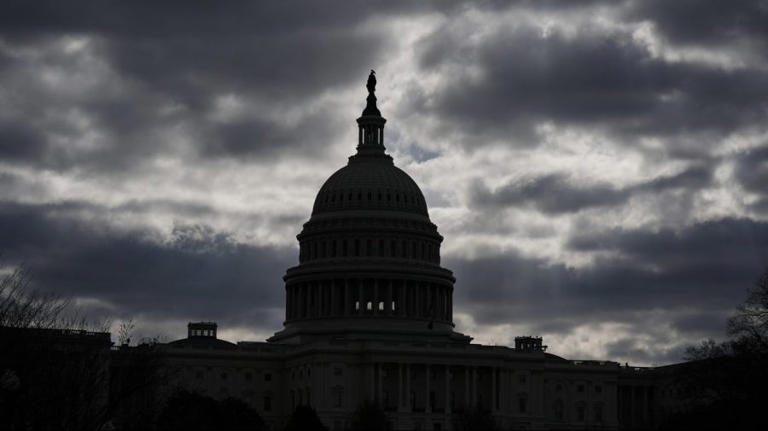The nation’s mounting debt, exceeding $34 trillion, is a matter of profound concern, not just within the chambers of Capitol Hill but also among the broader American populace. This collective unease reflects a growing awareness of the far-reaching implications of fiscal imbalance, touching upon critical aspects of economic stability, government spending, and the social safety net.
One pressing issue stemming from the escalating debt is the potential for higher interest rates. As the government borrows increasingly larger sums of money, the demand for bonds rises, pushing interest rates upward. This phenomenon can have a ripple effect across the economy, influencing everything from mortgage rates to business borrowing costs. For young people entering the housing market or aspiring to start businesses, these elevated interest rates pose formidable barriers, potentially dampening economic growth and opportunity.
Moreover, the trajectory of the national debt has profound implications for the job market. Mounting debt levels can lead to higher interest rates, which, in turn, tend to discourage business investment in new capital. This reduced investment can hamper productivity growth, impacting the competitiveness of the workforce and, by extension, employment prospects. Sectors particularly sensitive to interest rate fluctuations, such as homebuilding and construction, may experience diminished activity, further exacerbating job market challenges.
The specter of government spending cuts looms large amidst efforts to address the burgeoning debt. Policymakers face difficult choices, compelled to navigate between fiscal prudence and safeguarding essential programs and services. Potential cuts to spending, including entitlement programs like Social Security and Medicare, raise concerns about the welfare of vulnerable populations and the broader social safety net.
In confronting the fiscal challenges posed by the escalating debt, policymakers confront a daunting array of options, including tax increases and spending reductions. However, partisan divides complicate efforts to forge consensus on the most viable path forward. While Democrats advocate for tax hikes targeting the wealthy and corporations, Republicans favor stringent spending cuts, particularly in social programs. Bridging these ideological chasms will require a nuanced approach, grounded in pragmatism and a commitment to addressing the long-term sustainability of the nation’s fiscal health.
Ultimately, the consequences of unchecked debt accumulation are far-reaching, encompassing economic vitality, social equity, and intergenerational equity. Tackling this formidable challenge demands collaborative action, transcending partisan divides and prioritizing the collective well-being of present and future generations. Only through concerted efforts to address the root causes of fiscal imbalance can the nation chart a course towards a more secure and prosperous future.
